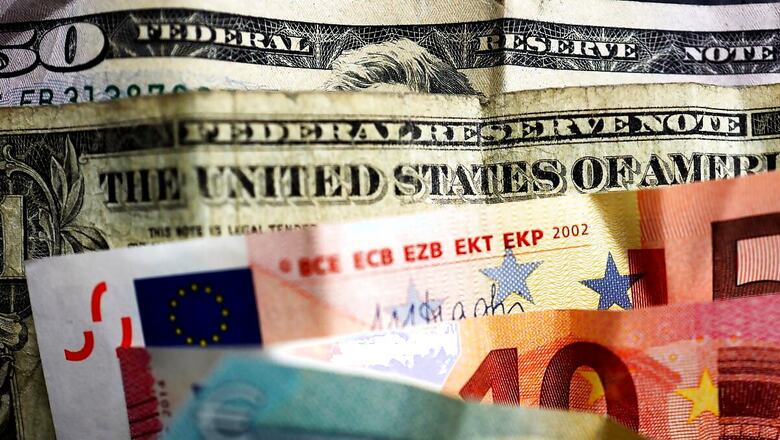
views
The world’s richest one percent increased their fortunes by a total of $42 trillion over the past decade, Oxfam said Thursday, ahead of a G20 summit in Brazil where taxing the super-rich tops the agenda.
Despite this windfall, taxes on the rich had plummeted to “historic lows”, the NGO added, warning of “obscene levels” of inequality with the rest of the world “left to scrap for crumbs”. Brazil has made international cooperation on taxing the super-rich a priority of its presidency of the G20, a group of countries representing 80 percent of the world’s GDP.
At this week’s summit in Rio de Janeiro, the group’s finance ministers are expected to make progress on ways to raise levies on the ultra-wealthy and prevent billionaires from dodging tax systems. The initiative involves determining methodologies to tax billionaires and other high-income earners.
The proposal is due to be fiercely debated at the summit on Thursday and Friday, with France, Spain, South Africa, Colombia and the African Union in favour, but the United States firmly against.
Oxfam dubbed it a “real litmus test for G20 governments”, urging them to implement an annual net wealth tax of at least eight percent on the “extreme wealth” of the super-rich. “Momentum to increase taxes on the super-rich is undeniable,” said Oxfam International’s head of inequality policy, Max Lawson.
“Do they have the political will to strike a global standard that puts the needs of the many before the greed of an elite few?” Oxfam said that the $42 trillion figure was nearly 36 times more than the wealth accumulated by the poorer half of the world’s population.
Despite this, billionaires “have been paying a tax rate equivalent to less than 0.5 percent of their wealth” across the globe, the NGO said. Nearly four out of five of the world’s billionaires call a G20 nation home, Oxfam noted.




















Comments
0 comment